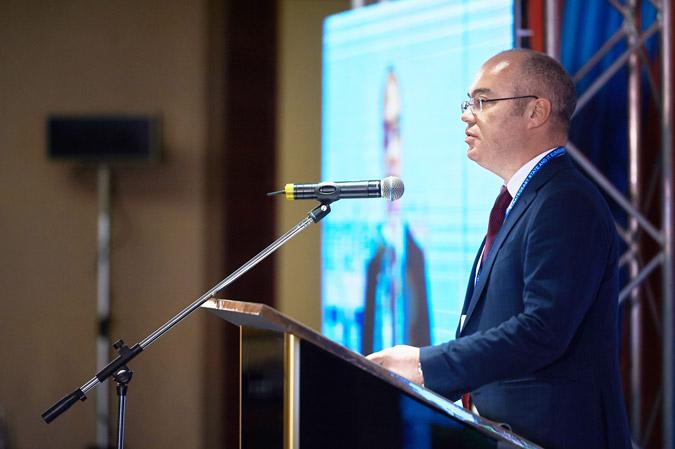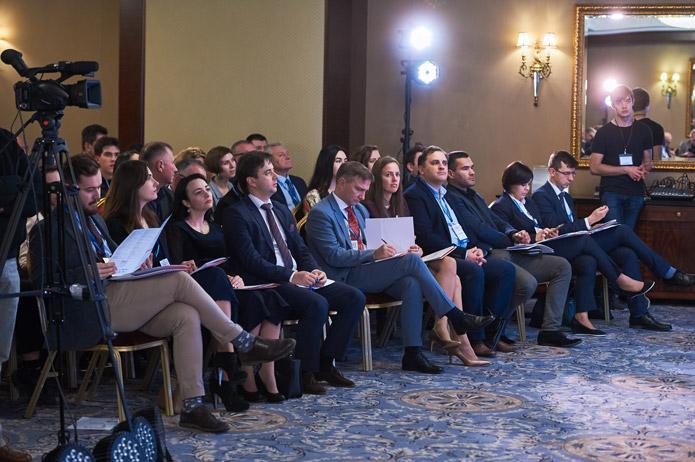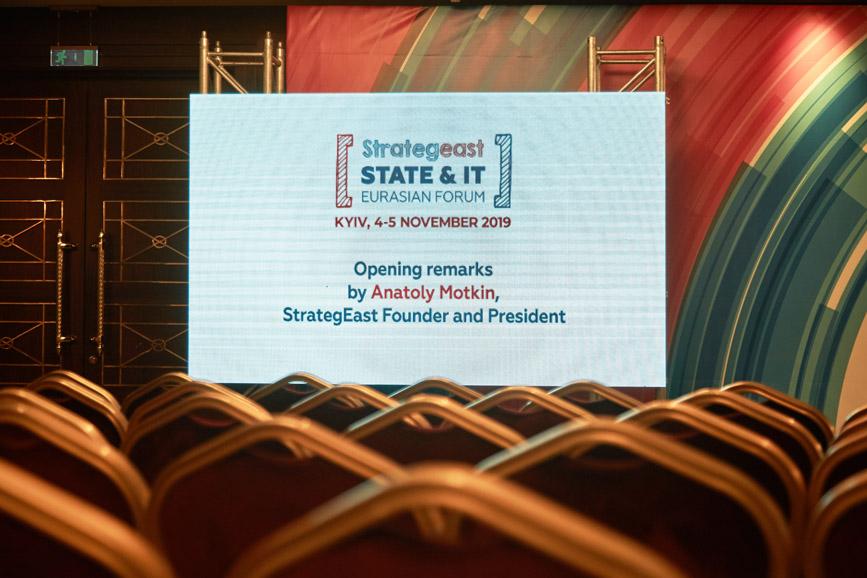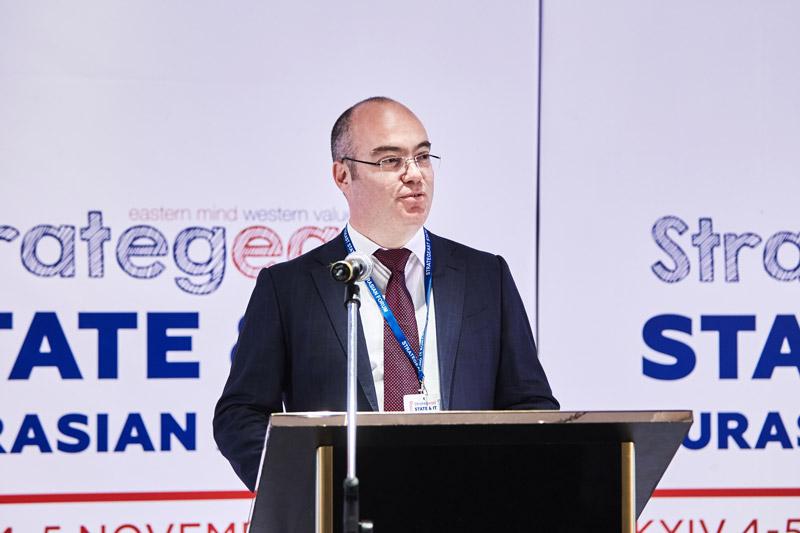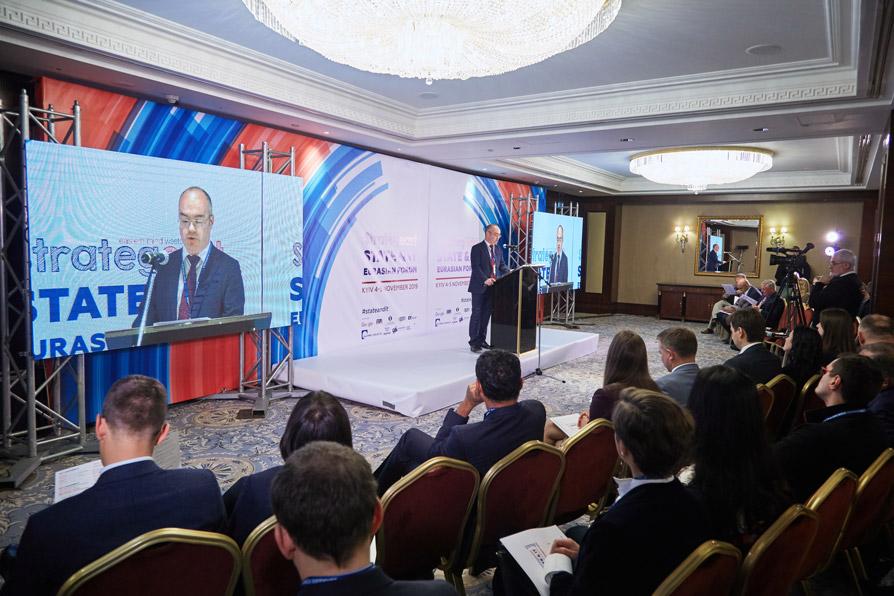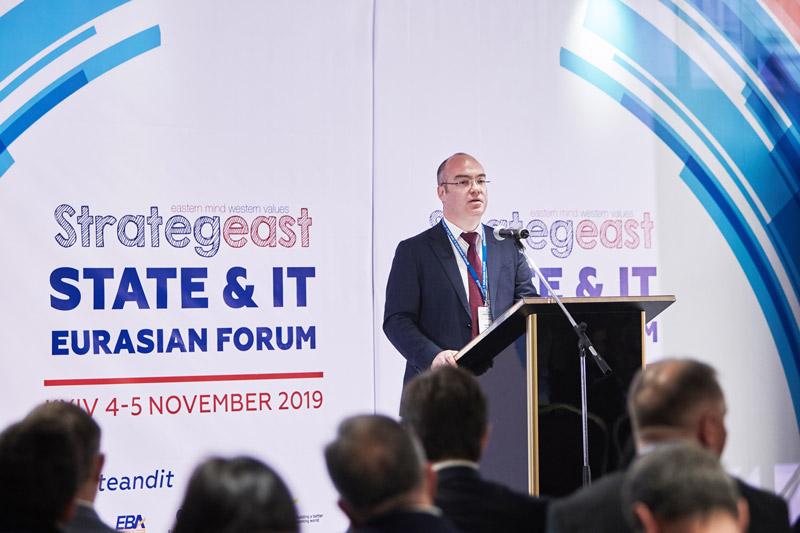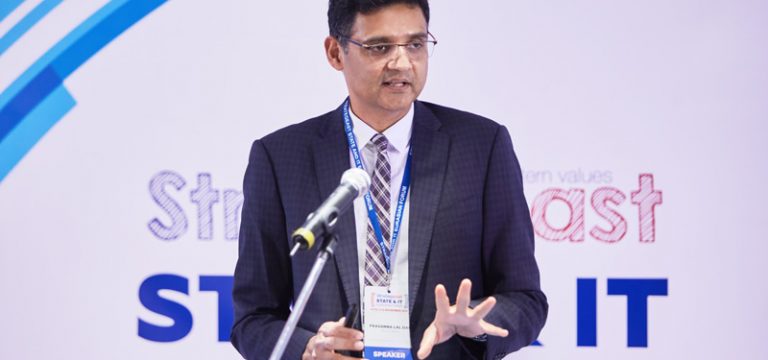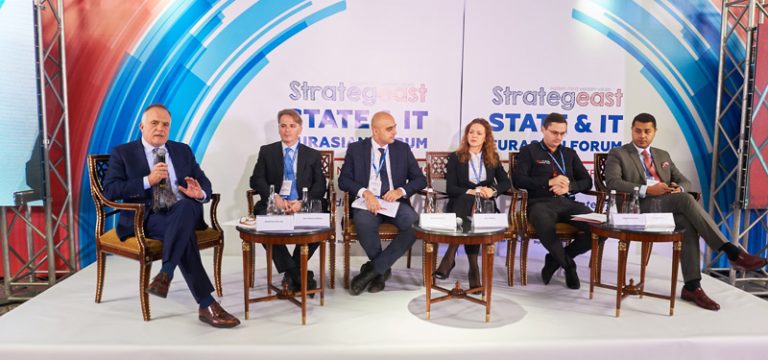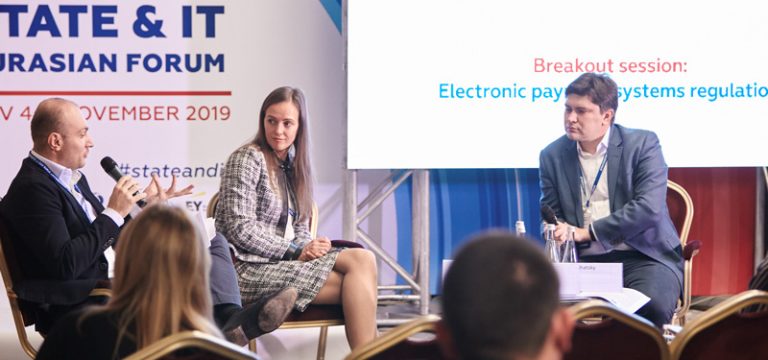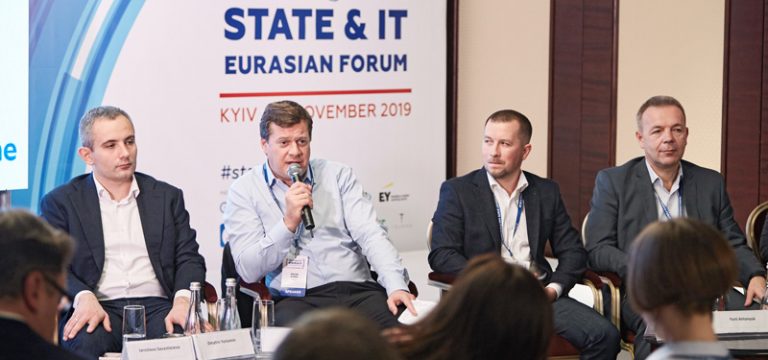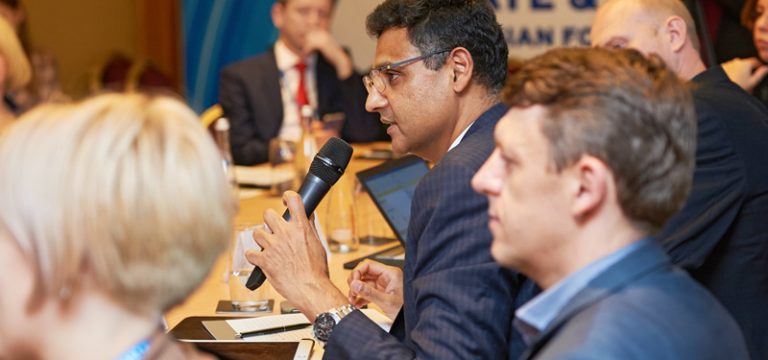For us at StrategEast the development of IT industry and the knowledge driven economy in Eurasian countries is not only the GDP growth, exports income and the creation of new jobs.
The IT industry and the new digital economy in this region are the ultimate tools to introduce the values of transparency, the rule of law and private property protection.
The IT industry development is bringing not only a prosperity to the Eurasian countries, but is also leading to their social transformation.
Thus, the IT industry development in Eurasia is of interest not only to local IT entrepreneurs and developers. This is a common interest for everyone who is motivated by transforming society in this region towards the universal values – the leadership of Eurasian countries, international institutions supporting the reforms in the region, the global IT industry.
Getting together all the stakeholders, who are engaged in developing the IT industry in Eurasia makes our StrategEast State and IT Eurasian Forum a unique platform.
Due to the intensive development of the IT industry in Eurasian countries, multiple forums and conferences dedicated to the technological innovations, start-ups, investments and other technological and business aspects of IT are being held every month. The uniqueness of our Forum is that it is dedicated to policymaking in this field.
Working in most of the Eurasian countries StrategEast has highlighted the common challenges that impede the development of the IT industry in the region. Among them are the private and intellectual property protection, general legislation issues, the tax code, complex currency regulation, the educational system, governmental interference etc.
But Eurasian countries are also a source for various solutions to those challenges.
A fairly high level of intellectual property protection is provided in the Baltic countries. Belarus, and then Uzbekistan, developed and adopted some of the most advanced legislative acts, contributing to the development of technology parks and the development of the blockchain industry.
Georgia, Armenia, and Kazakhstan provided the local IT industry with infrastructure by opening several technology parks on its territory. Interesting experiments in private education for IT professionals work in Ukraine and Belarus.
The Belarusian example shows that the IT industry supported by the state can develop and grow by tens of percent per year, and the Ukrainian IT industry with its 200,000 developers has been built from the scratch from the bottom-up by local entrepreneurs without governmental support.
The same can be said about the contribution of international institutions – in some Eurasian countries they have achieved significant results in supporting the IT industry.
USAID has opened several IT centers in Eastern Ukraine, the GIZ has funded the creation of ICT Cluster in Georgia, and the World Bank is developing digital infrastructure of Central Asia with Digital CASA project.
Our Forum has been planned as a platform where all the stakeholders of the Eurasian IT industry get together to share their best practices with their neighbors in Eurasia. Where individual successful cases get a chance to become universal regional policies.
Ministers, parliamentarians, representatives of government agencies are able to not only hear about these practices, but also personally communicate with their colleagues from countries where these practices were introduced.
IT entrepreneurs have a chance to learn from their colleagues working in a more attractive legislative environment how to find common interest with the state to create such an environment.
Representatives of international financial institutions and investment funds can see the Eurasian IT industry as a whole piece and to develop general regional approach.
The StrategEast State and IT Eurasian Forum is going to get held annually in different Eurasian capitals and is actually forming “Eurasian working groups” on most of the issues relevant to the Eurasian digital economy.
We are convinced that over the next year until our next Forum, the work of some of these groups will result in new legislative initiatives that will contribute to IT development, new investments in the Eurasian digital infrastructure, new educational programs for young professionals, and as a result the creation of a new highly paid jobs throughout Eurasia.
Thanks to all this, the new generation of Eurasian youngsters will emerge, for whom the rule of law, the private property protection and zero tolerance for corruption would be as natural as for their peers in US and EU.
We should always remember that the most valuable and non-renewable resource is our time. I am convinced that this Forum allows all of us to save it on the way to building up a new Eurasian digital economy.

